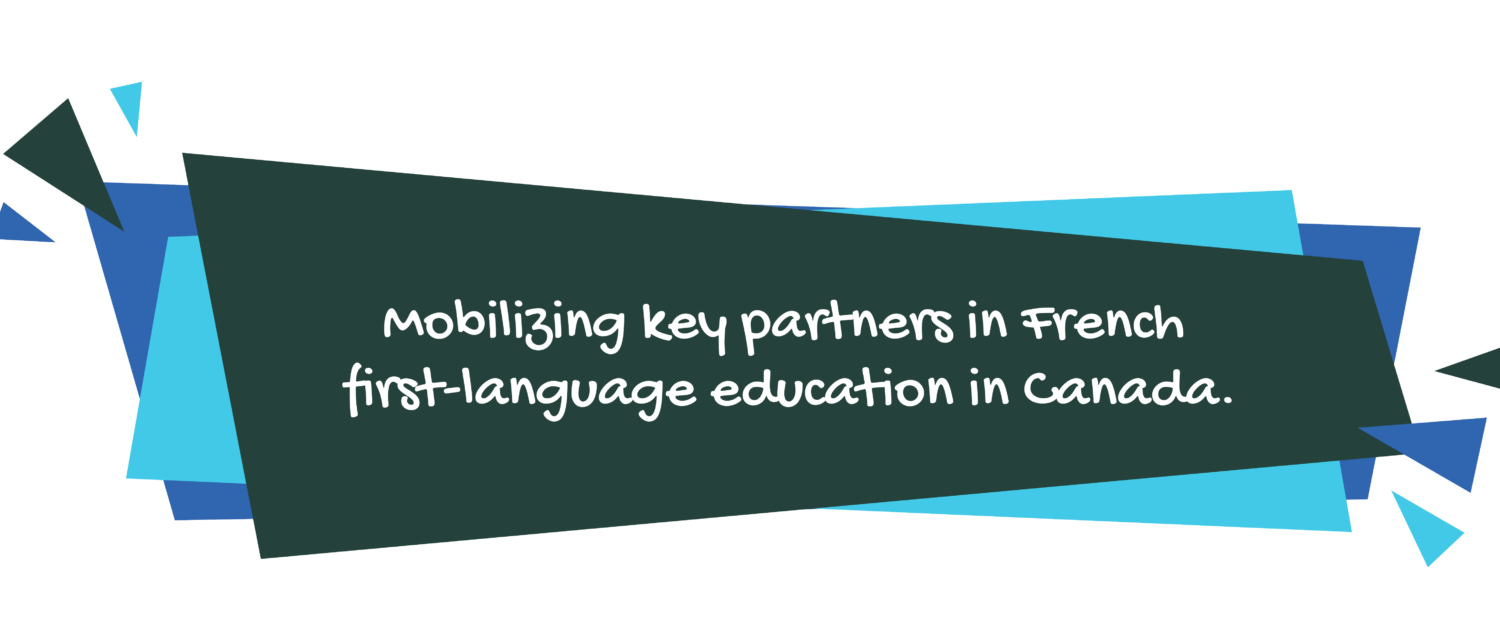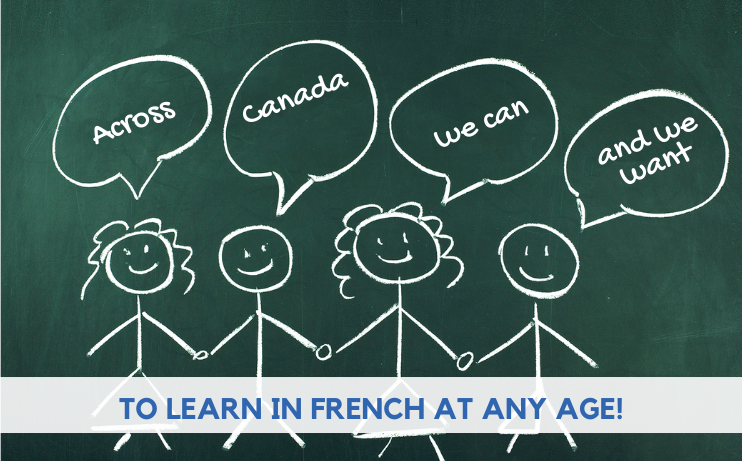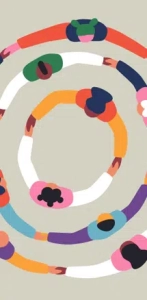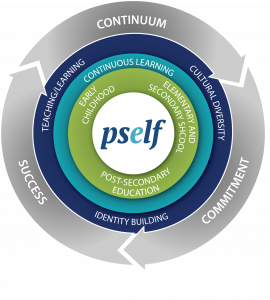A roadmap for French-language education to complete the pan-Canadian continuum in education, from birth and throughout life.
About the PSELF
The Strategic Plan for French-Language Education at a glance
Priorities
TEACHING AND LEARNING
Promote full linguistic and cultural integration in an inclusive environment by enriching pedagogy through formal, non-formal and informal learning.
Strategic goals
- Make every educational establishment the anchor point for linguistic security.
- Update identity-building, from concept to delivery.
- Cultivate an inclusive, plural Francophonie.
- Increase and diversify the range of programs and services.
ATTRACTION AND RETENTION
Focus on strategies to attract and retain learners in French-language establishments.
Strategic goals
- Persuade learners of all ages to prioritize a French-language education.
- Encourage learners to pursue their education in French throughout their lives.
EDUCATIONAL CAPACITY
Increase human and material resources to offer quality French-language education.
Strategic goals
- Recruit and retain qualified staff.
- Develop and strengthen infrastructures.
COMMITMENT
We express our commitment to a common goal through sustained involvement, the sharing of ideas and best practices, and synergy of actions.
COLLABORATION
We work together to implement the Strategic plan in a climate that encourages the free expression of opinions and mutual respect.
INNOVATION
We dare to rethink, act and change, drawing on ingenuity and resourcefulness, as well as acquiring knowledge from lessons learned and promising best practices.
BELONGING
We develop a sense of belonging that enables us to identify with a collective where listening and respect reign, as well as express ourselves and exert our influence within this collective.
What is the Strategic Plan for French-Language Education?
The Strategic Plan for French-Language Education – affectionately known as PSELF – is a collaborative effort involving community partners, ministries of education in 9 Canadian provinces and 3 territories, and the federal government. It is a beacon for mobilizing Canada’s key education partners.
The PSELF is the roadmap for French-language minority education in Canada. This roadmap aims to put in place the means to complete the educational continuum… from birth and throughout life.
The 2023-2028 strategic plan is a vision of French-language minority education in Canada through three areas of focus:
- pedagogy and learning,
- attraction and retention,
- educational capacity.
These areas are part of the educational continuum, which includes early childhood, elementary and secondary school, post-secondary education and lifelong learning.
The Strategic Plan for French-Language Education (PSELF) for 2017-2022 was structured around three strategic priorities:
- Teaching/Learning – Snapshot of the situation 〈July 2020〉
- Identity-building – Snapshot of the situation 〈July 2020〉
- Cultural diversity – Snapshot of the situation (November 2020)
They are part of the stages of an education continuum that includes early childhood, elementary and secondary school, post-secondary education and lifelong learning.
The PSELF is based on the concept of the civic community school, aimed at redefining the relationship between community and school: success, a continuum of learning, and social, cultural and community commitment.
Take a glance at the PSELF roadmap.
Why emphasize those three areas?
By collectively paying special attention to these three areas, it will be possible to define, update and promote the specific nature of French-language education in minority settings in Canada.
Why do we need a strategic education plan?
Following talks at the 2005 Summit on Education, and later at the 2012 Summit, major players in the field of French-language education in Canada decided to take action and establish a joint plan in order to contribute to the vitality and sustainability of the Francophone and Acadian communities.
The 2017 Summit brought together various stakeholders with a vested interest in French-language education to discuss winning practices related to the strategic plan on French-language education. These exchanges were meant to bring down the silos to foster greater engagement of all for the success and well-being of students.
Who are the players in this plan?
The major partners with an interest in French-language education are: community organizations including school boards, provincial and territorial Ministries of Education in Canada as well as the federal government. These are the three stakeholders making up a committee that supports the implementation of the Strategic Plan for French-Language Education.
What are the advantages?
The plan aims to provide winning conditions for the overall success of students, their families, school staff and members of the community. This success results from a learning continuum and from social, cultural and community commitment. Those are the three targets that are the backdrop for the implementation of the Strategic Plan for French-Language Education.
Tripartite Committee
What is the Tripartite Committee?











